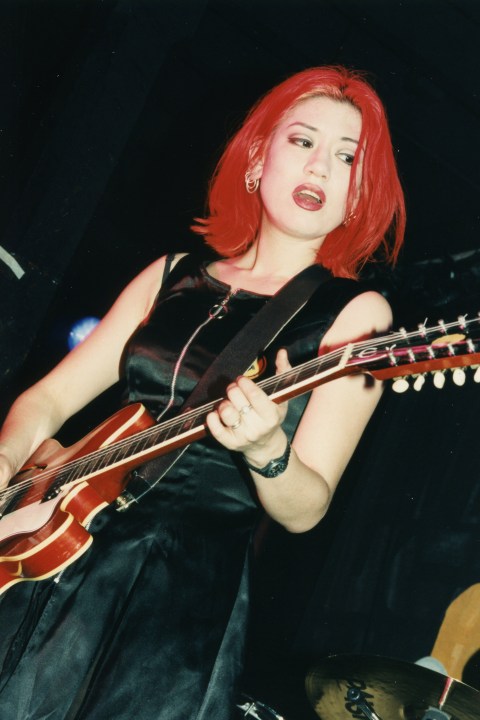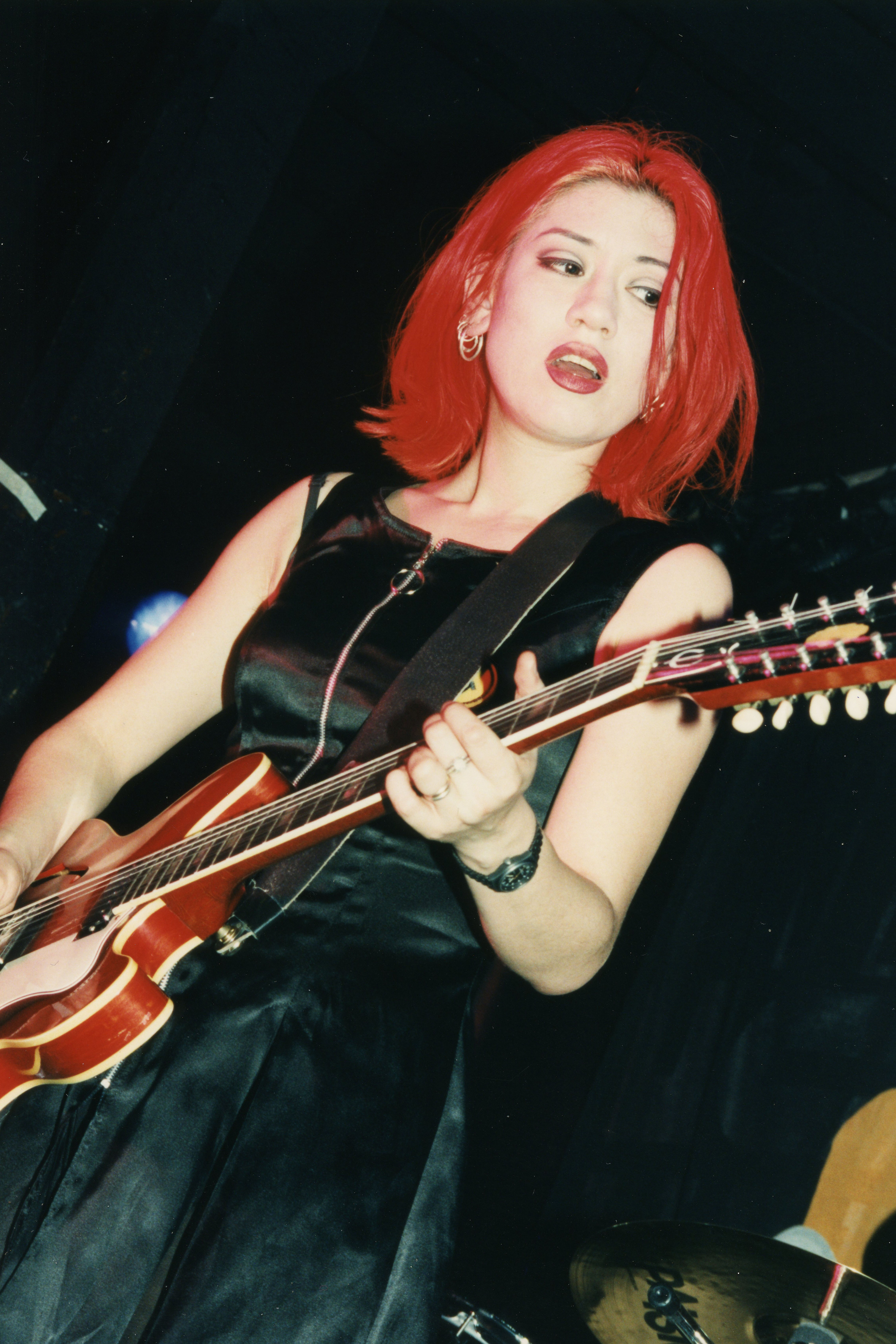Tracey Thorn’s was ‘by no means luxurious.’ Brett Anderson had a ‘small, very small’ one. Miki Berenyi’s was ‘shabby and dirty.’
The unwritten rule that the best rock music comes from the street can create a challenge for edgy post-punk musicians writing their memoirs. What if you grew up in comfortable circumstances or had a boring childhood? Downplaying the state of the house you lived in is one approach – but others are available.
Take Brett Anderson’s Coal Black Mornings (2018). Anderson can reasonably claim to have come from a social position below the rest of his band, Suede. His parents were arty but they did, undeniably, live in a council house. It is also the case, however, that he was raised in a pretty village just outside Hayward’s Heath, was a popular child and did well at school, earning a place at UCL where he studied architecture. Nil by Mouth it wasn’t.
But from the opening sentence, Anderson is at pains to stress his humble origins. This, we are told, is a tale of ‘poverty’ and ‘failure’. His three-bedroom house was not just small but ‘tiny’, ‘poky’, ‘claustrophobic’, ‘dank’, ‘threadbare’, ‘scruffy’, ‘cheap’, and ‘almost toy-like in scale’. His family were ‘dirt poor’ and lived ‘in penury’. Even their car was ‘tatty’, ‘decrepit’, and ‘rotten’.
While this may well have all been true, Anderson’s description of his wider environment definitely seems rather far-fetched. Discovering the Sex Pistols, he heard ‘an expression of the world around me’. It was a world of ‘lino and pregnancy tests’, ‘regular vicious gang beatings’, and ‘white dog shit on the pavements, vandalised piss-stained phone boxes, and the miasma of threat and fear’. Anyone familiar with this pleasant corner of Sussex will agree that punk certainly stimulated Anderson’s teenage imagination!
In Another Planet (2019), Tracey Thorn of Everything but the Girl never denies her bourgeois status but deploys the same strategy of presenting suburbia as an alienating place to grow up in. Brookmans Park in Hertfordshire was ‘a contingent, liminal border territory’ that was dangerous, too, with ‘endless fights between rival tribes, skinheads and other thugs who beat up everyone I knew at some point or other’.
Thorn also emphasises the modesty of her domestic circumstances. Boasting only ‘two and a half bedrooms’, her non-luxurious house had no central heating and the Thorn family would take a paraffin heater into the bathroom. She does admit that when she was five, they had an extension built which added two more bedrooms (and presumably radiators) but, for Thorn, it wasn’t just about size anyway.
‘There was a divide in the village,’ she writes, ‘an actual hill to be climbed. We lived at the bottom of that hill.’ This divide even manifested itself in the plants in the Thorns’ front garden: their flowers were somehow ‘all wrong’. She felt keenly the difference between herself and ‘the local alpha girls with their ponytails and pristine whites.’
The bare facts about Lush singer Miki Berenyi’s life, as recounted in Fingers Crossed (2022), are that her mother was a successful actress and her father a sports journalist. She was a boarder at Queen’s College and enjoyed regular trips to LA, Hungary and Japan. At sixteen, she moved into a flat paid for by her parents.
However, Berenyi claims that she was considered ‘a bit rough’ at her private school. When the other girls boasted about their exotic holidays, she would exaggerate her own ‘to give the impression of parity’. She even resorted to shoplifting to keep up with them.
But once again, it’s property that does most of the signalling. As well as being shabby, her father’s four-bedroom house in leafy north London was so ‘catastrophically fucked’ he couldn’t find any lodgers. The flat she rented in her mid-teens looked out on a ‘cell-sized basement yard’ and ‘judging by the cornicing, must have once been a single room’. It was on a street that contained ‘several’ brothels.
At 19, she moved into a ‘shabbily executed’ conversion. Her bedroom had ‘no windows at all, just a tarred-over leaky skylight’. After that, it was a house share ‘five minutes’ walk from the Broadwater Farm Estate, and then a ‘tiny’ flat in Camberwell.
Even when fame came in the shape of a large record company advance and she was able to afford a place in trendy west London, this wasn’t the ‘chi-chi paradise it would later become’. The band were ‘hardly living like millionaires’ and wouldn’t be ‘driving around in sports cars anytime soon.’
It’s a relief, then, to read Helen O’Hara’s memoir, What’s She Like (2022). Refreshingly, the Dexys Midnight Runners’ violinist remembers her childhood as idyllic. Growing up on the Gower Peninsula, she spent long summer days at the beach. At home, her strict but caring parents were quick to recognise her musical talent and nurtured it by paying for private lessons. The book – which includes a frank account of her relationship with mercurial singer Kevin Rowland – is a more gripping read than the others. And that’s despite the fact that she had a ‘huge’ one.








Comments